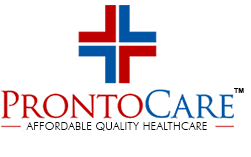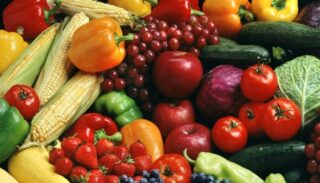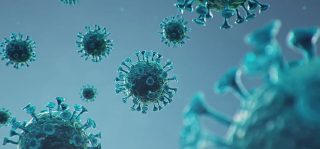Food is supposed to make you feel healthy and strong to be able to perform daily tasks. Since food is used to sustain an individual, food can also be used as medicine to strengthen your immune system and prevent disease.
According to the CDC (Center of Disease Control) it is estimated that 76 million Americans that get sick, that 325,000 are being hospitalized and 5,000 die from food borne disease each year in the United States. Food poisoning is the result of eating contaminated or toxic food, mostly presenting with nausea, vomiting, abdominal pain, and diarrhea. Most common bacteria are E.coli, Listeria, Salmonella, and less common bacteria include Campylobacter and Botulism which are potentially lethal.
Once food poisoning is diagnosed, usually by symptoms of dehydration, abdominal pain and confusion in some cases, then blood tests, cultures, confirm the cause leading to therapy that must be immediately implemented. This includes starting oral hydration to avoid dehydration and replacement with fluid rich electrolytes.
It is always preferred to allow the body to get rid of toxins through either vomiting or diarrhea before rushing to use Immodium or Pepto-Bismol to help control symptoms. IV hydration therapy may be started if severe diarrhea persists for more than 48 hours resulting in severe dehydration. Patients should avoid fried food, overly spicy food, fatty foods, some dairy products, alcohol, soda, raw food and undercooked food. What is recommended to eat following this is, some toast, saltine crackers, chicken broth, and use ginger tea.
Unfortunately there may be an expected increase in incidents of food borne illnesses in areas where there maybe bacterial overgrowth and mold with contaminated food and water in areas hit by recent hurricanes such as in Texas, Puerto Rico, and Florida. This may warrant extra precautions such as hand washing when preparing food and sanitary techniques when handling food and water along with thorough washing of fruits and vegetables before consumption.
Food borne illnesses are fortunately preventable in most circumstances and easily managed if recognized early and aggressive hydration is instituted to replace fluid loss. Make sure to check expiration dates of food products, observe the color and smell of food before eating, and when in doubt, avoid consuming. These simple measures could have a tremendous financial impact as well as successful population health outcome, with millions of dollars saved and complications avoided.










